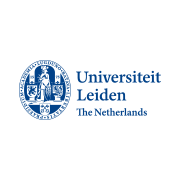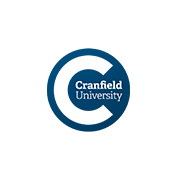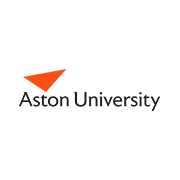Building capacity to support social sciences research commercialisation
University of Leicester CRoSS Project
March-June 2022
Challenge
The University of Leicester had been awarded funding through the ESRC Commercialising Research out of Social Sciences (CRoSS) scheme, to build the capacity and capability of social science researchers and knowledge exchange professionals and to identify and support opportunities for commercialising outputs from social science research. Oxentia was commissioned by the university’s Research and Enterprise Department (RED) to help with the delivery of the first phase of the programme. The result of the work would inform the university’s report back to the funder and their strategic plans for supporting social sciences commercialisation.
Approach
The work was delivered in four ‘lots’:
- Lot 0: Audit – A review of systems, policies, processes, and template documents to assess suitability for SocSci commercialisation.
- Lot 1: Training – A one-day training session on best practice in SocSci Research commercialisation, including the Aspect (www.aspect.ac.uk) toolkit.
- Lot 2: Stakeholder Feedback – A survey of and selected interviews with Social Science researchers and academic staff.
- Lot 3: Recommendations – Gap analysis of current capabilities and matrix of suggested interventions (informed by Lots 0-2).
In addition to the training course, Oxentia held two workshops to present the findings from the analyses and seek feedback from internal stakeholders. The final deliverables were a set of slide decks with the findings and recommendations, as well as data from the survey and interviews.
Impact
Oxentia worked in collaboration with the RED team throughout the project, to design the course and survey/interviews, and to ensure the final recommendations were feasible in the context of the university. The analysis enabled the RED team to submit a well-informed report to their funders and agree on the next steps and priorities for moving forward with their plans.
The activities also helped to build engagement with the academics who participated, leading to new disclosures, and to build awareness and alignment across the professional services on how to support commercialisation of social sciences research outputs.




























